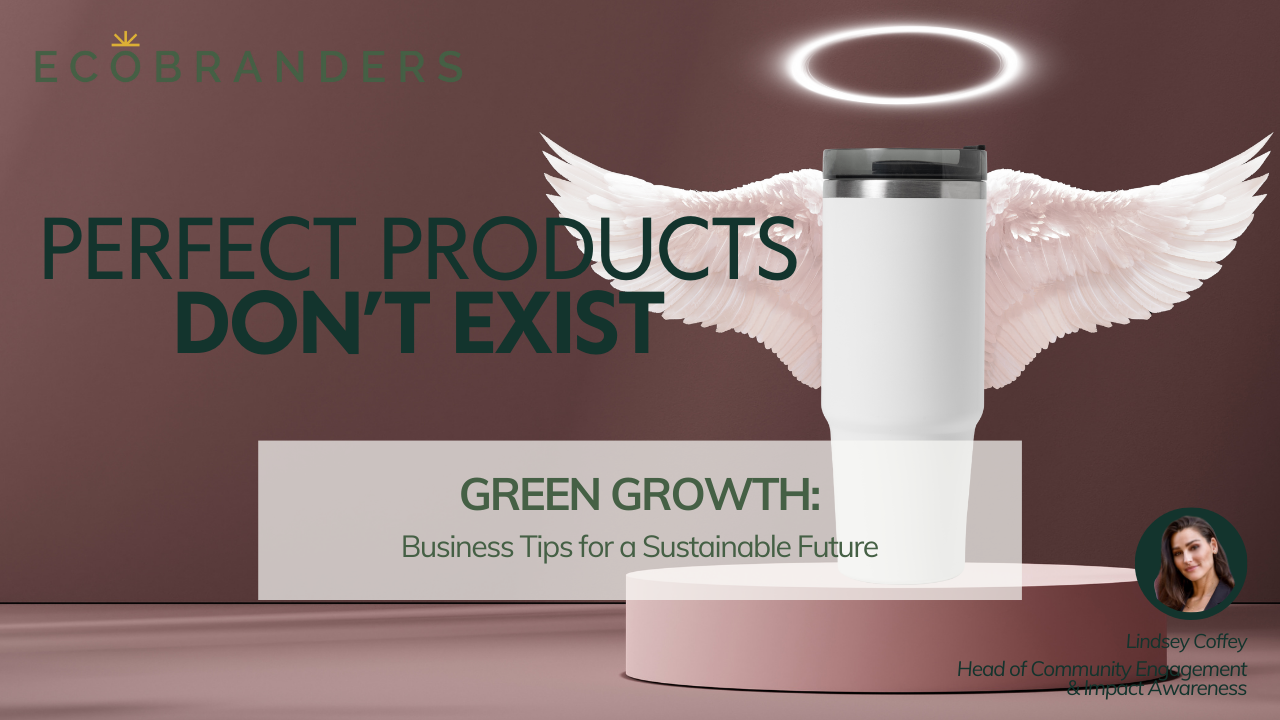[video below]
Why is responsible consumption so important in mitigating negative environmental impacts?
Because EVERY product, regardless of its nature or purpose, leaves an environmental footprint. It is up to us to educate ourselves in choosing the best of the worst.
Here are some tips:
1. Buy used stuff whenever possible: Opting for used items is an effective way to minimize the demand for new production, which in turn reduces the overall environmental burden associated with manufacturing processes. This extends the lifespan of products, prevents them from ending up in landfills prematurely, and promotes a circular economy where resources are reused and recycled to their fullest potential.
2. When buying new, buy less, buy better, and use it for as long as possible: Prioritizing quality over quantity is essential in reducing consumption levels and environmental impacts. Investing in well-made products that are built to last not only reduces the frequency of replacements but also minimizes the resources used in the production and disposal of goods. Extending the lifespan of products through proper maintenance and care further maximizes their utility and sustainability, contributing to a more responsible consumption pattern.
3. When buying new, find the option that is the most eco-conscious: Conducting research and making informed purchasing decisions are critical steps towards supporting eco-conscious products and brands. By considering factors such as materials sourcing, manufacturing processes, energy efficiency, and end-of-life disposal practices, consumers can identify products with lower environmental footprints and support companies committed to sustainability.
By actively considering the environmental implications of our consumption habits, we play a pivotal role in minimizing the ecological impact of consumerism while promoting a more sustainable future.
*video features Lindsey Coffey, Head of Community Engagment & Impact Awareness at EcoBranders










